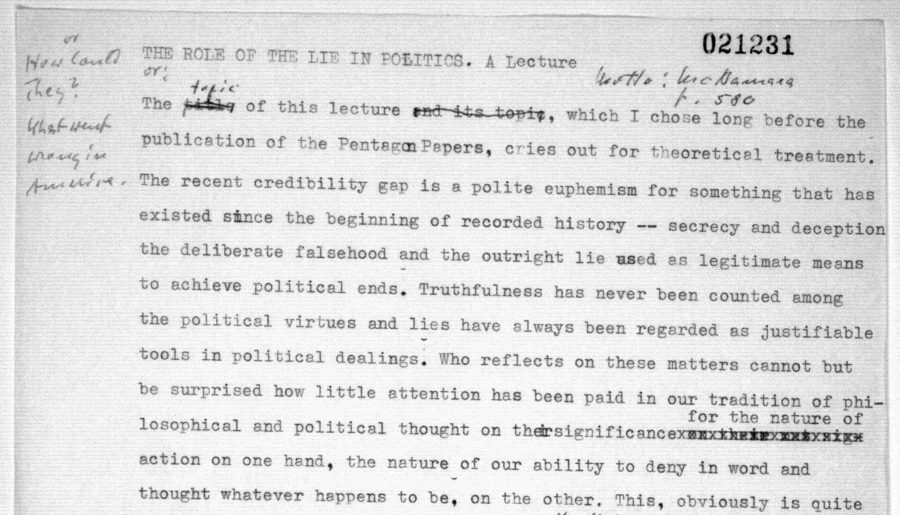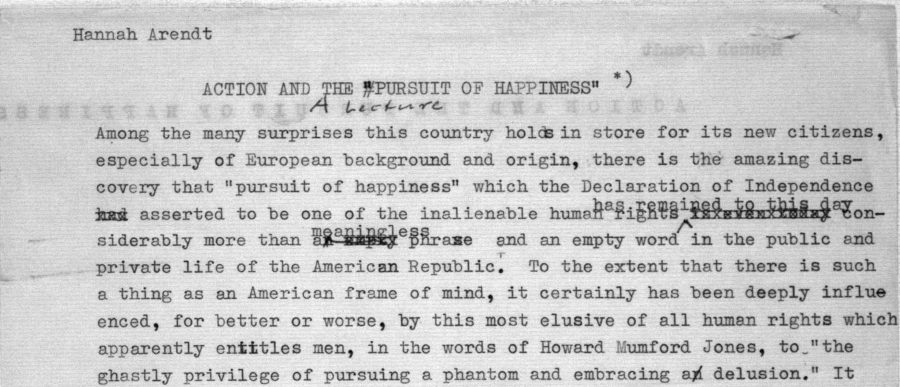Humans are proud of rationality, maybe to a fault. It can come at a significant cost: the tendency to overcomplicate the simplest of tasks, not the least being the task of life itself. Treatise after treatise, discourse after discourse, book after book, lecture after lecture appears over the centuries, promising to show us how to live the good life. We struggle, amidst the hundreds of other operations we must perform at any given time, to remember complex ethical systems in the moment, to incorporate new postures and routines.
Perhaps this is why we have mystics and poets, to cut through the tangles of logical thought, to remind us of the unchanging essentials: Rumi and Rilke, William Blake, Emily Dickinson, and Maya Angelou, who dazzled readers and audiences with advice both eloquent and plainspoken, transcendent and immanently down-to-earth. Angelou’s impassioned, warm delivery and hard-won wisdom made her an excellent spokesperson for some universal truths that get glossed over or explained away in the scramble to improve and enrich ourselves, such as the advice she gives on Oprah’s OWN network, above: “Just do right.”
We might recoil at the seeming naiveté: “who is right?,” “what is right?,” “how does anyone know what is right?,” “what if your right is my wrong?” etc. All reasonable questions up for reasonable debate. But Angelou isn’t interested here in philosophy but in life. “Just do right” speaks to a deeper part of us, the part we colloquially call a conscience, though maybe no such thing appears in an fMRI scan. “Just do right,” she says, and you pretty much know what that is. “You don’t really have to ask anybody,” she says. “The truth is, right may not be expedient, it may not be profitable, but it will satisfy your soul. It brings you the kind of protection that bodyguards can’t give you.”
Compassion, a clean conscience, a good reputation: this is the stuff of the good life, distilled down to its essence, at the heart of Greek, Roman, African, Chinese, Indian, Native American, and every other world philosophy and religion. We may find no more a succinct universal encouragement, and warning, than in Angelou’s advice:
Try to live your life in a way that you will not regret years of useless virtue and inertia and timidity…. You make your own choices… pick up the battle and make it a better world, just where you are.
This wisdom requires no high theory and is available to everyone free of charge—find out how you can make things better in your community, stop agonizing over productivity and money, and “just do right” right where you are. If this sounds too easy or too hard, listen to Angelou describe in brief what it takes in the clip above, and why “courage is the most important of the virtues.”
Related Content:
Maya Angelou Reads Her Poem “On the Pulse of Morning” (1993)
Maya Angelou Tells Studs Terkel How She Learned to Count Cards & Hustle in a New Animated Video
What is the Good Life? Plato, Aristotle, Nietzsche, & Kant’s Ideas in 4 Animated Videos
Josh Jones is a writer and musician based in Durham, NC. Follow him at @jdmagness












